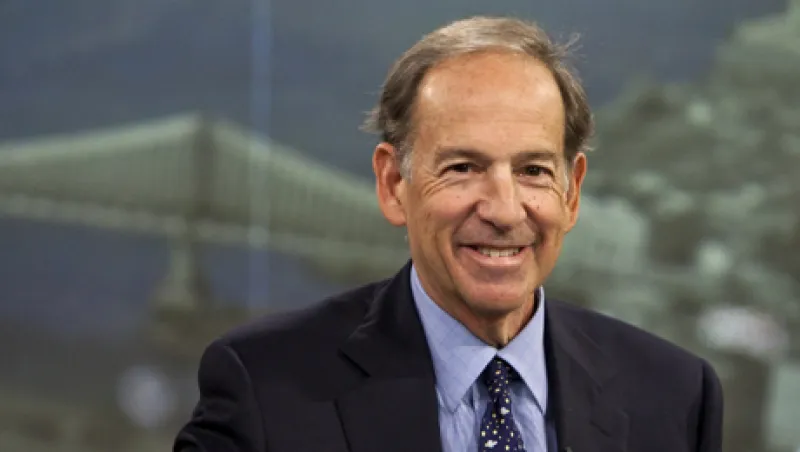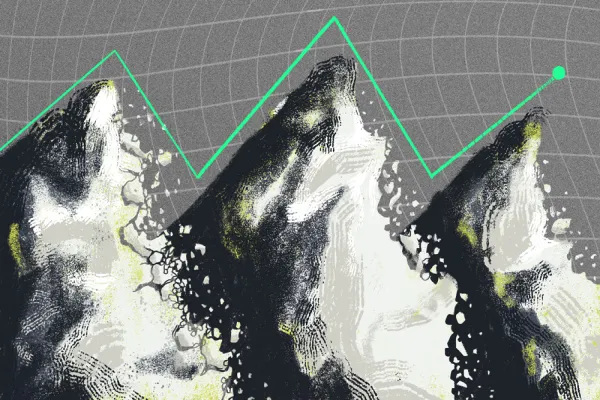Michael Price is angry—and he’s not gonna take it anymore. At least that’s what he told Institutional Investor in a recent conversation centered on the decline of the New York Stock Exchange. Price turned his wrath on the venerable exchange as well as on the Securities and Exchange Commission for creating conditions that he says have hurt mutual funds and other traditional, long-only investors. Price, the former mutual fund chief known for his value style of investing, also has harsh words for the impending marriage of the NYSE Euronext to Deutsche Börse. With more regulatory hurdles still to clear, this combination, announced last February, no longer looks like a slam-dunk. If the merger fails, it would join other exchange combo no-goes like the previously proposed NYSE merger with NASDAQ OMX Group and the Intercontinental Exchange and the London Stock Exchange’s misbegotten run at Canada’s TMX Group.
Price, president of the Michael F. Price Foundation, Inc. and managing partner of MFP Investors LLC, his family office, was formerly CEO and president of Franklin Mutual Advisers from 1986 until November 1, 1998. This week he told Senior Writer Frances Denmark how he feels about the changes at the NYSE while still managing some optimism about the future of equity trading.
How has equity trading changed?
When you go down on the floor to execute some size, you get creamed these days, absolutely creamed. Between the high speed trading firms and the algorithms and the brokers, it makes it really difficult. High frequency trading has really hurt. In many ways it’s invisible but it hurts. I’m on a trading desk every day trying to get decent size done. I’m not talking huge size because I’m just running a family office, but it’s decent size, larger than your average retail investor. But it’s got a cost. It’s much harder to execute.
Where does the blame for this lie?
It comes from the multi-year trend of the [New York Stock] Exchange and the SEC ignoring what I feel that their obligations to investors are. The SEC and the New York Stock Exchange have left the markets in shambles. They really made a huge mistake allowing these computer-driven, super high speed order systems to front run orders; to anticipate larger orders to take offerings in front of an order, and then re-offer it up a penny or two, to scarf a penny or two. That was a total dereliction of duty on the part of the SEC and the NYSE.
How did this come about?
They have all these experts who are basically paid by the interested parties testifying to the fact that high speed trading increases liquidity. That’s nonsense. Liquidity is worse. They are all academicians who are getting paid by people who profit from it. You’ve got hedge funds doing it, you’ve got broker dealers doing it, guys who are set up to use fast machines. But it’s hurting investors. The regulators are fast asleep just as they were fast asleep in the past few years with some other individuals out there.
What other problems do you see at the NYSE?
Unfortunately the New York Stock Exchange has dirty hands. Not only are they selling out to a foreign competitor, which is a joke, but they’re allowing these trading systems to hurt their customers. Their customers are individuals in mutual funds. They’re not protecting their customers the way Dick Grasso did. Looking back over my career, looking back over a long period of time, the New York Stock Exchange has abdicated in the last four or five years its duties to investors in a huge way. That’s why you’ve had lower volumes, you’ve had business move away from the exchange, you’ve had a foreign takeover of the exchange, less regulation of its members and broker dealers and it’s been poor for the confidence of investors. I don’t know if we’re within a month of the NYSE merger closing. But it’s soon and it’s a bit of a tragedy in my eyes.
How do you feel about the decline in mutual fund assets today?
Equities are under-owned, they are smaller percentages of people’s portfolios than I could ever imagine. Active management—not of ETFs or index funds—is very much less than I could ever remember. This business is going to come back. I’m kind of an optimist. I think that trend is going to reverse because the performance of active managers will be better.






